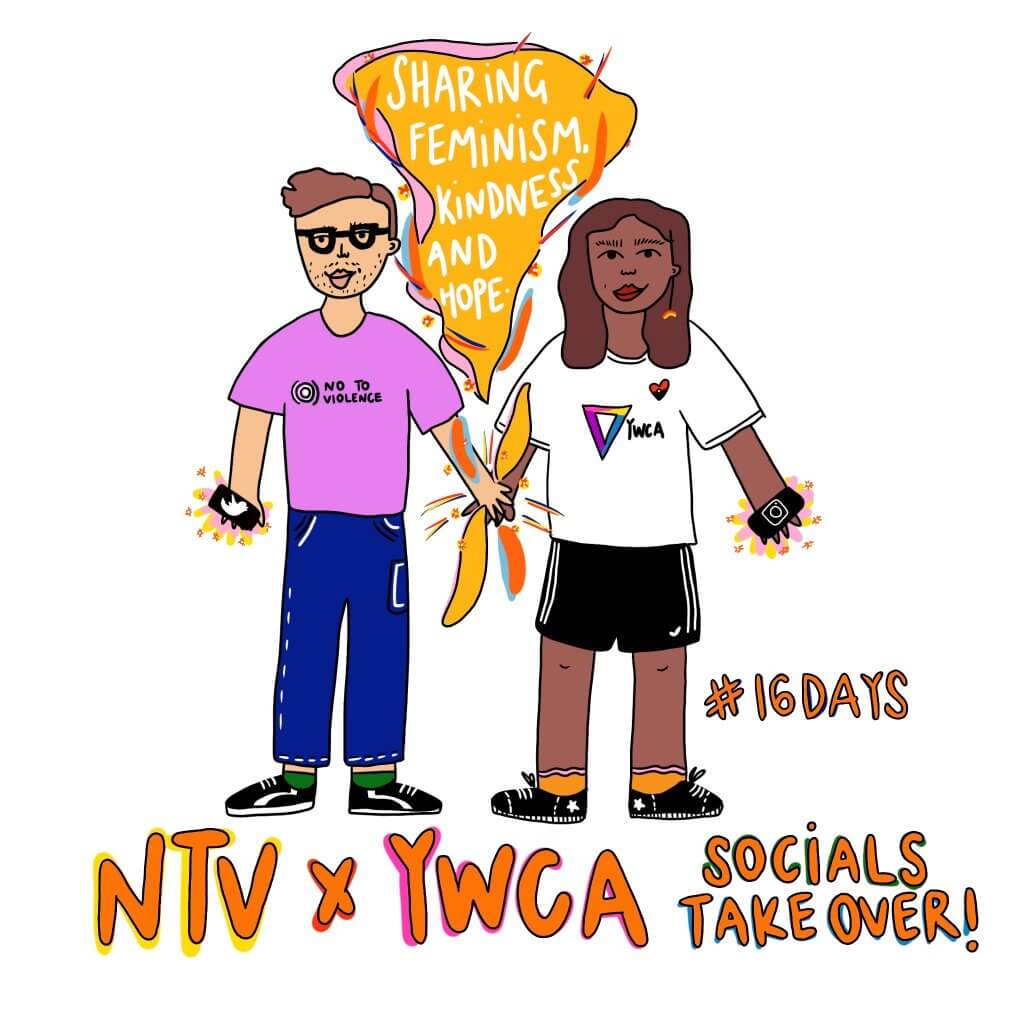A guest post from our friends at No To Violence
Family domestic violence is not just physical. Knowing what constitutes family domestic violence helps support people who may be experiencing it, or if it is happening to you.
Family domestic violence is an umbrella term for the different types of violence and is defined as when someone behaves abusively towards a family member or partner. It is part of a pattern of behaviour that controls or dominates a person and causes them to fear for their own or others’ safety and wellbeing.
Violent and abusive behaviour includes physical and sexual violence, and financial, emotional and psychological abuse. Slapping, hitting, non-consensual sex, verbal threats, harassment, stalking, withholding money, and deliberately isolating someone from their friends and family are some examples of behaviours that occur in the context of family violence.
Are you worried about your behaviour?
From the No To Violence website – Get Help
Ask yourself:
- Have I ever shouted or screamed at a family member?
- Have I ever called a family member insulting or belittling names and constantly criticised them?
- Have I ever prevented my partner spending money for their personal use?
- Have I ever slapped, hit, pushed or shoved a family member – or threatened to?
- Have I ever scared my partner or children?
- Have I ever thrown something in my partner’s or child’s presence, such as a glass, a chair or tv remote?
- Have I ever pressured my partner into doing something sexual that they didn’t want to?
- Have I ever tried to stop my partner doing something that they wanted to do? (for example, going out with friends, having a job, doing some study)
Relationships have their ups and downs, with occasional disagreements or arguments. Most people will feel frustrated, disappointed or angry with a relative or partner at some point. But there is a difference between a healthy level of disagreement and using violence and control.
No to Violence (NTV) believes that men are not born violent, and positive long-term change begins with starting the conversation early about calling out negative and disrespectful behaviour.
People who disrespect their families and partners and use violence need to be aware of their behaviour and take the steps to change.
During the 16 Days of Activism Against Gender-Based Violence and beyond, NTV is working to encourage all Australians that we each have a role to play in calling-out disrespectful behaviour by reminding people what respect can look like in relationships, families, or more broadly in society.
Together, we can show our support for victim-survivors and help send a message that family domestic violence and violence against women is never okay. There are supports available for people to reach out to if they are experiencing or using violence, wherever they are in Australia.
We need to support our community to think about what respect means to them. If they are using abuse and violence against their family, or know someone who is, please know there is support to figure things out, change their behaviour and keep their family safe.
By inviting and engaging men to consider their behaviour, and seek meaningful change, we can significantly reduce repeated incidents of family domestic violence, and provide safer households and communities for women, children and men.
Tips on calling out negative & disrespectful behaviour from NTV
- Replace awkward laughter with judgmental stares. When you hear something demeaning, sexist, or that condones gender-based violence, make it clear you don’t accept it.
- Shift the perspective. A key part of responding to men’s use of family violence is shifting the perspective from ‘me’ to ‘them’. Try, “hey mate, how did you think that would make her feel?”
- Act like you don’t understand what the sexist/racist/ableist/trasnphobic comment means and ask the person who is making the comment to explain why they’ve said it, or why the comment is funny.
- If speaking out in the moment is unsafe, use body language to let them know that what they said has made you uncomfortable. Try crossing your arms, putting your hands on your hips or shaking your head.
- Instead of responding to the comment, try turning to the person and asking if they are okay instead.
If you think you are risk of using family domestic violence, please call the Men’s Referral Service on 1300 766 491.






